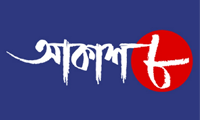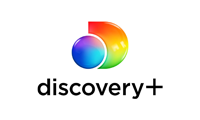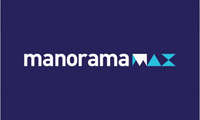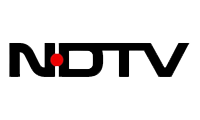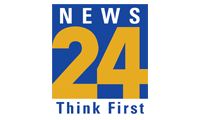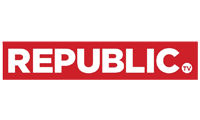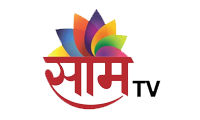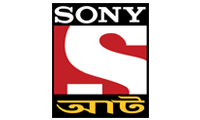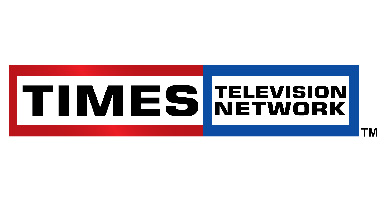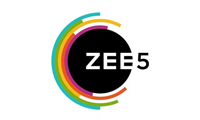Self-Governance, Self-Regulation and Self-Monitoring
Rapid increase in the number of 24-hour General Entertainment Channels (GECs), a process that began in the early 1990s, led to the burgeoning of non-news content on Indian television. Soon, the need to regulate TV content and address programme-related complaints became evident. Being the apex body of broadcasters, the Indian Broadcasting & Digital Foundation (IBDF) Board of Directors took upon itself the task of framing a set of self-regulating content Guidelines and establishing an independent complaint redressal mechanism for GECs. The objective was to provide the channels certain guiding principles for programme content, usher in a redressal mechanism for viewer complaints and ensure that programming creativity flourished in a free-speech environment without ad-hoc interventions.
IBDF accomplished the goal of formulating and implementing the self-regulatory Guidelines and the complaint redressal system with the establishment of Broadcasting Content Complaints Council (BCCC) in June 2011. A milestone in the history of Indian television, the initiative signifies the maturity of broadcasters to uphold freedom of speech and expression enshrined as a Fundamental Right in the Indian Constitution. The overwhelming support of IBDF member channels to the BCCC mechanism has led to constant evaluation of content in line with changing viewer preferences.
With suitable modifications, the Foundation has adopted the 2008 draft version of Ministry of Information & Broadcasting Self-Regulation Guidelines for Broadcasting Sector. IBDF’s ‘Self-Regulatory Content Guidelines for Non-News & Current Affairs Channels’ were framed after wide consultations with more than 40 stakeholders, including the Industry, Government and the Civil Society. The Guidelines set out the principles and practices that guide the Broadcasting Service Provider (BSP) in offering content that conform to the ‘Programme Code’ prescribed under the Cable Television Networks (Regulation) Act, 1995 and the Rules framed thereunder.
The Guidelines encourage creativity in line with the evolving social milieu and acceptable community standards within which TV channels should operate.
- Broadcasting Content Complaints Council (BCCC), the independent self-regulatory body for non-news general entertainment channels set up by the Indian Broadcasting & Digital Foundation (IBDF) in June 2011.
- There is a constructive recognition of BCCC’s self-regulatory mandate by the Ministry of I&B, which refers complaints received/generated by it to the Council. A positive synergy exists between BCCC and Ministry of I&B with the Council keeping the Ministry informed of the action taken by it.
- There has been a rapid increase in the number of complaints being handled by BCCC in view of the various measures implemented by the IBDF’s member channels and the increased awareness amongst the Indian television audience.
- The Council has, from time to time, received matters, complaints and references from the Hon’ble High Courts. It provides inputs to the Ministry of I&B for responding to questions put up by Hon’ble Members of Parliament.
- Directives, Orders and Advisories issued by BCCC have received full compliance from member channels of IBDF. There has been no instance of violation in this regard. The number of Advisories issued by BCCC since its inception has risen to 15.
- BCCC has issued 22 detailed Orders to channels. Through these Orders, channels were asked to run apology scrolls and, in some cases, furnish financial penalties.
- BCCC has held Eight Interactive Sessions with channels to sensitise them about different aspects of content. Five such sessions have been conducted in Mumbai and one each in Chennai, Kolkata and Hyderabad.



